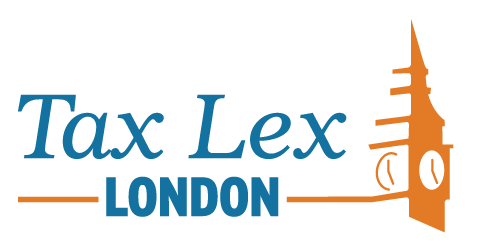New tax regime for sole traders and partnerships starts
HMRC is changing the way sole traders and partnerships need to calculate profits for their self-assessment returns. The Revenue will require the profits to be declared for the tax year in question, rather than the accounting year as is currently the case.
Any sole traders or partnerships with an accounting year ending at any point other than March 31 or April 5 will be affected by these changes and will need to amend the way they calculate and pay the tax due on their profits. These changes are not influenced by delays to the Making Tax Digital regime.
What do the changes mean?
This tax year – 2023/24 – is a transition year, so sole trader and partnership businesses must declare their profits for two accounting periods – their existing accounting period and any additional time that would take their trading activity to the end of the tax year.
HMRC states: “Businesses will need to declare the total profits from the end of the last accounting date in tax year 2022 to 2023 up to and including April 5, 2024. This means that profits generated over a longer period will be taxable in the transition year.”
However, from April 2024 to 2025 and any future years, the amount of profit made in each of the relevant periods where the accounting period may straddle the tax year will need to be allocated correctly.
Sounds complicated, how does it work?
It may be complicated initially while businesses get used to working out their profits and tax in a new way, but HMRC is working on an online form to make the returns easier. For now, sole traders and partnerships should rely on their accountant to help if they are unsure what to do.
Take an example – if your accounting date is December 31, 2023, then as a sole trader or partnership you need to declare profits from January 1, 2023, to April 5, 2024. This will give you a period for this return of 15 months rather than the usual 12 for the 2023/24 tax year. This must be filed and any tax due paid on or before January 31, 2025.
Some businesses may need to use provisional figures for this period, and they would have the usual amount of time to amend these to final figures on their tax return.
One benefit businesses will have if they need to make this change in the 2022/23 tax year is the ability to use any overlap relief due. Some may change their accounting dates to coincide with the tax year to make life easier. If this is done in the 2023/24 tax year, then the current change of accounting rules will apply.
HMRC stated: “In tax year 2023 to 2024, businesses can use any overlap relief resulting from overlap profit when the business first started. By default, any remaining additional profit can be spread over five years.”
If a business changes their accounting date from 2023/24 onwards, then these rules won’t apply. Also, any future changes can be made no matter what changes have been made in the past.
Get previous overlap relief figures from HMRC
HMRC should be able to provide you with overlap relief figures for any accounting date changes in the 2021/22 tax if you request them, provided they are recorded on its systems.
More staff are currently being trained to deal with these overlap relief queries and eventually HMRC will have a specific form to use to make these overlap relief requests more streamlined. In the meantime, if you want to get overlap relief data, HMRC is asking you to provide as much information as possible from the following list:
- Taxpayer name.
- National Insurance number or Unique Taxpayer Reference.
- Name and description of business.
- Whether the business is self-employment or part of a partnership.
- If the business is part of a partnership, the partnership’s Unique Taxpayer Reference.
- Date of commencement of the self-employment business, or date of commencement as a partner in partnership.
- The most recent period of account or basis period the business used.
Those sole traders or partnerships looking to change accounting dates in 2022/23 and 2023/24 will need to wait for additional information on the “provision of overlap relief figures for these tax years” said HMRC.
There is some additional background information in the ‘Basis period reform’ policy paper.
Contact us
These changes may create additional complications for your business in the short term, and you need to be sure you’re keeping on top of what you need to file to HMRC, and by when. If you need assistance with this, please just get in touch with us and we will support you.
